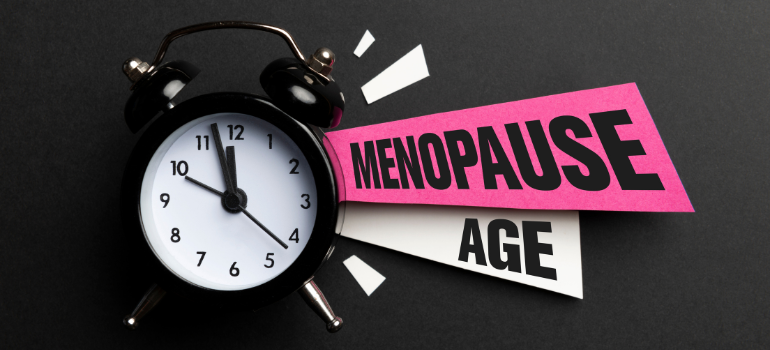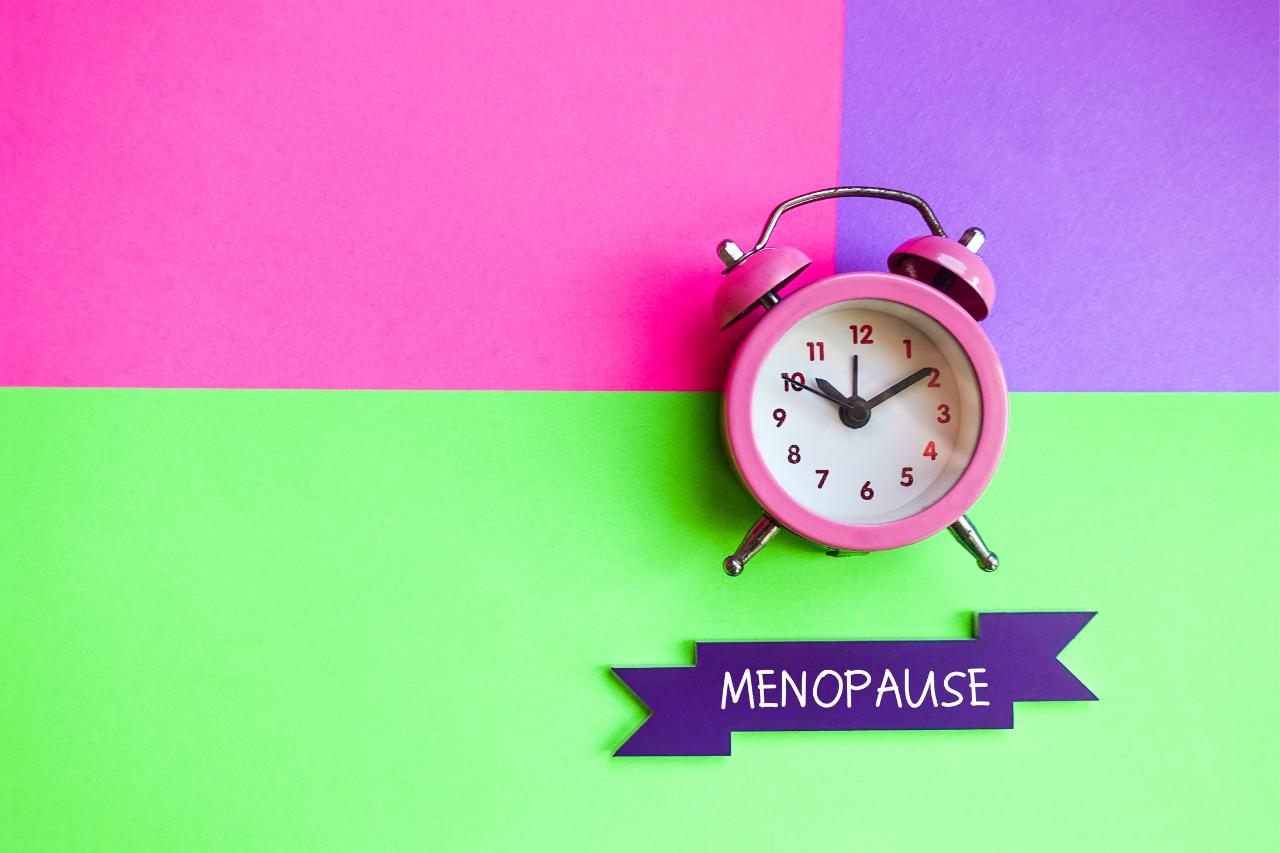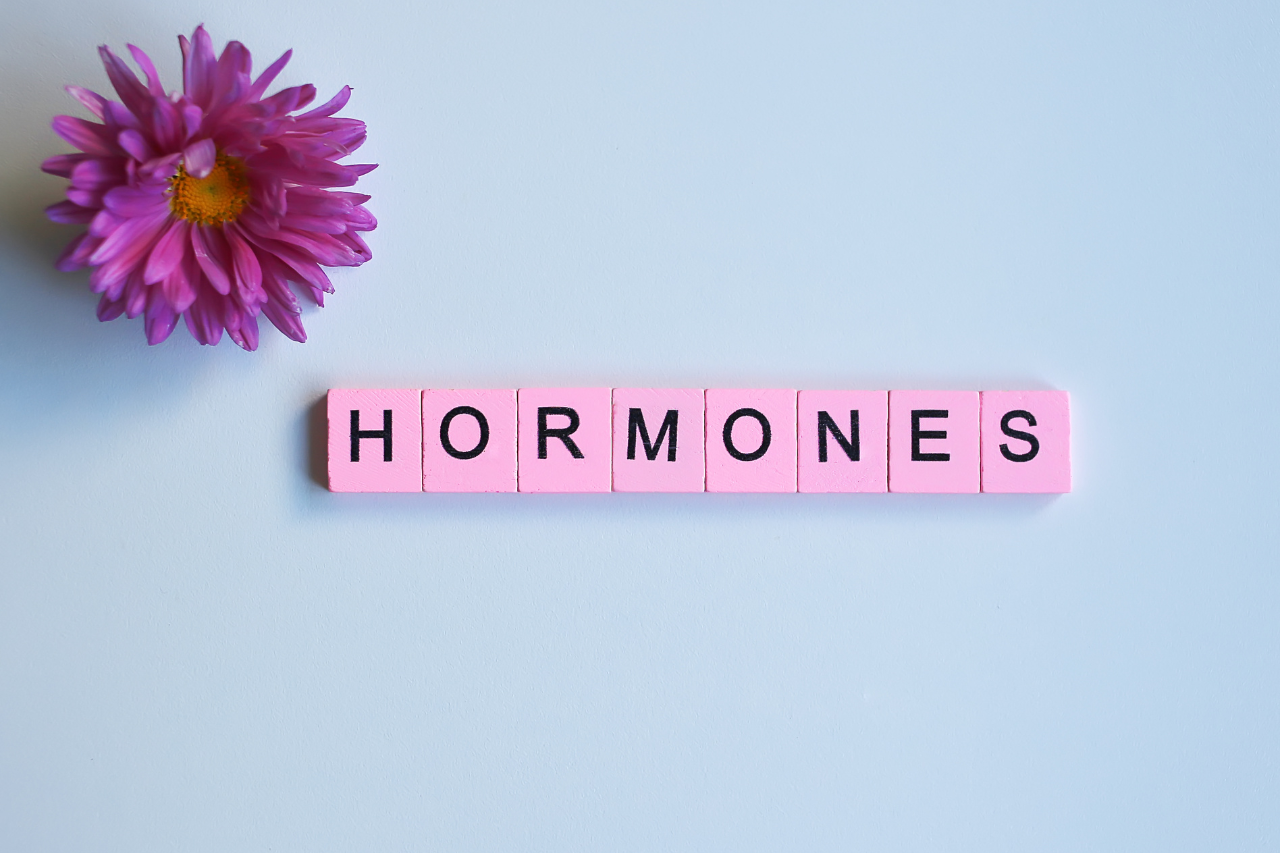
What you need to know about early menopause and IVF
It is true that every woman’s nature is different and hormones behave differently in every body. Several factors may prevent a woman in her 40s from becoming a mother. One of them is early menopause. IVF plays an important role in helping these women to have a baby even when they are in this condition.
What is early menopause?
Menopause is a natural cycle in a woman’s life especially when it comes at the right time. However, there are cases where menopause comes earlier finding most women unprepared to accept it, even more when they have not become mothers yet. It would be very helpful and enlightening to discrete the difference between early and premature menopause. Although they both have the same causes the difference is age. Early menopause happens between 40 and 45, while premature menopause happens before age 40.
Early menopause occurs when a woman’s ovaries go through menopause at an earlier age than would normally be expected. As a result, the fertility hormones, estrogen and progesterone, are at very low levels, with the woman under this condition having no longer eggs to produce since ovulation and menstruation stop permanently before the age of 40 or even before 35. Early menopause is a situation every woman dreads, especially those trying to get pregnant. We will try to make you feel more relaxed about the matter and realize that there are options in cooperation with your doctor.

Causes of early menopause
There are reasons that make menopause come earlier than the usual age. Cancer treatment, removal of ovaries, radiation, thyroid or other autoimmune diseases, infections, surgery to remove the uterus, family history. Also, HIV and AIDS, women born with missing chromosomes or problems with chromosomes. Also, according to research, women with chronic fatigue syndrome are more likely to have early menopause. Anything that damages your ovaries or stops your body from producing estrogen can cause early menopause, although there are still causes that are not yet known.
Personal reasons
In addition to causes you cannot control, you may have your own reasons for delaying having a baby. You may face fertility problems or social factors may prevent you to get pregnant, such as your career or finances or you may not feel ready for this step or even you have not found your soulmate yet.
How do I know if I am going through early menopause?
If you haven’t had a period for 12 months in a row, or think you’re approaching menopause, it may be worth talking to your doctor about your symptoms, which will help you act proactively so you can take the necessary steps to meet your goal. In particular, periods may start and stop again for many years. Early menopause can be hot flashes, night sweats, anxiety, depression or mood swings, memory and concentration problems, vaginal dryness, decreased libido, difficulty sleeping. Your doctor will ask you to have a blood test so that estrogen and related hormones, such as follicle-stimulating hormone (FSH), can be measured and checked in the first few days of your menstrual cycle.

In vitro fertilization after menopause: The conditions
Can I have a child after early menopause? If you are wondering and want to conceive a baby, the answer is yes! According to studies, IVF in early postmenopausal women can be successful and pregnancy can also be successful without causing any problems. Although the remaining eggs in the ovaries after menopause are not viable, IVF can help you have a child.
The prerequisites are two:
- If you have realized early that there will be a problem of early menopause or you have a family history and you have planned to freeze your eggs, you can have good chances of conceiving and delivering your baby.
- The second is using IVF and egg donation from another woman. You will also need to undergo hormone therapy to prepare your body for implantation and pregnancy.
It’s true that you can’t always control your body or the circumstances that can affect your fertility and your desire to have a baby. So it’s a good idea to get professional advice as soon as possible. However, the body “speaks” through symptoms or signs. IVF and fertility science has made such amazing progress that it truly works wonders in fulfilling a baby’s dream.



